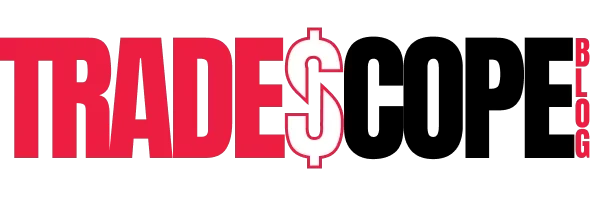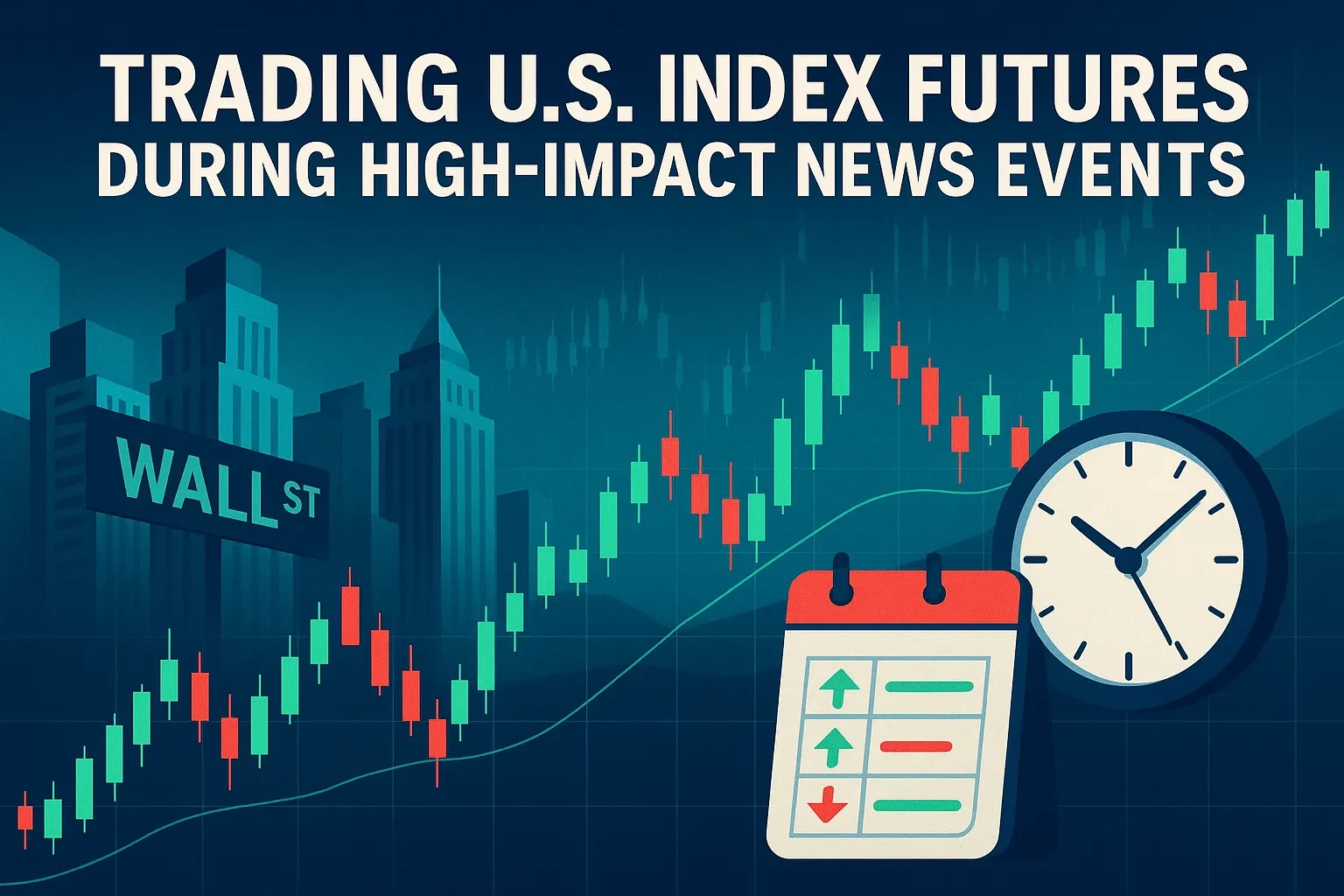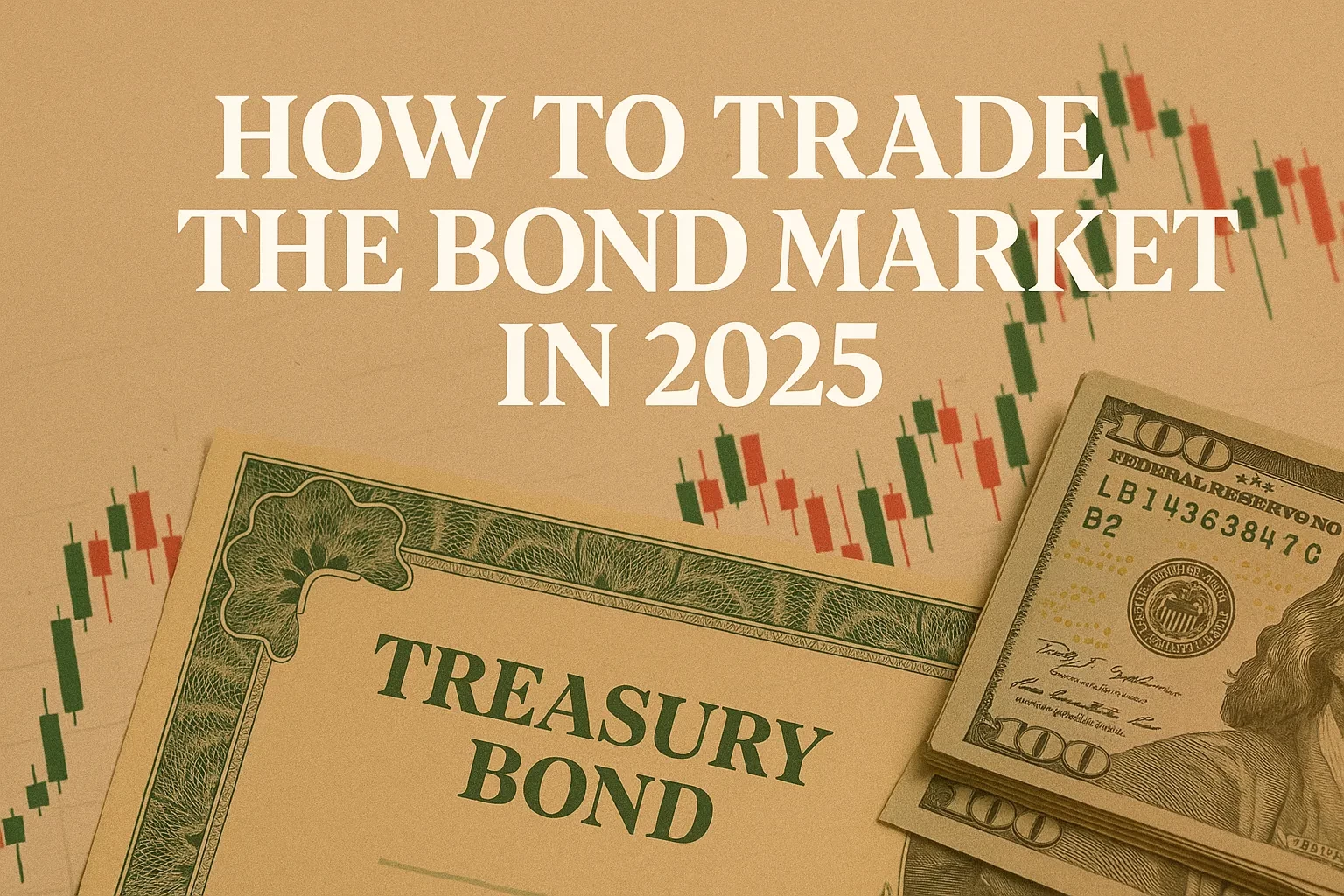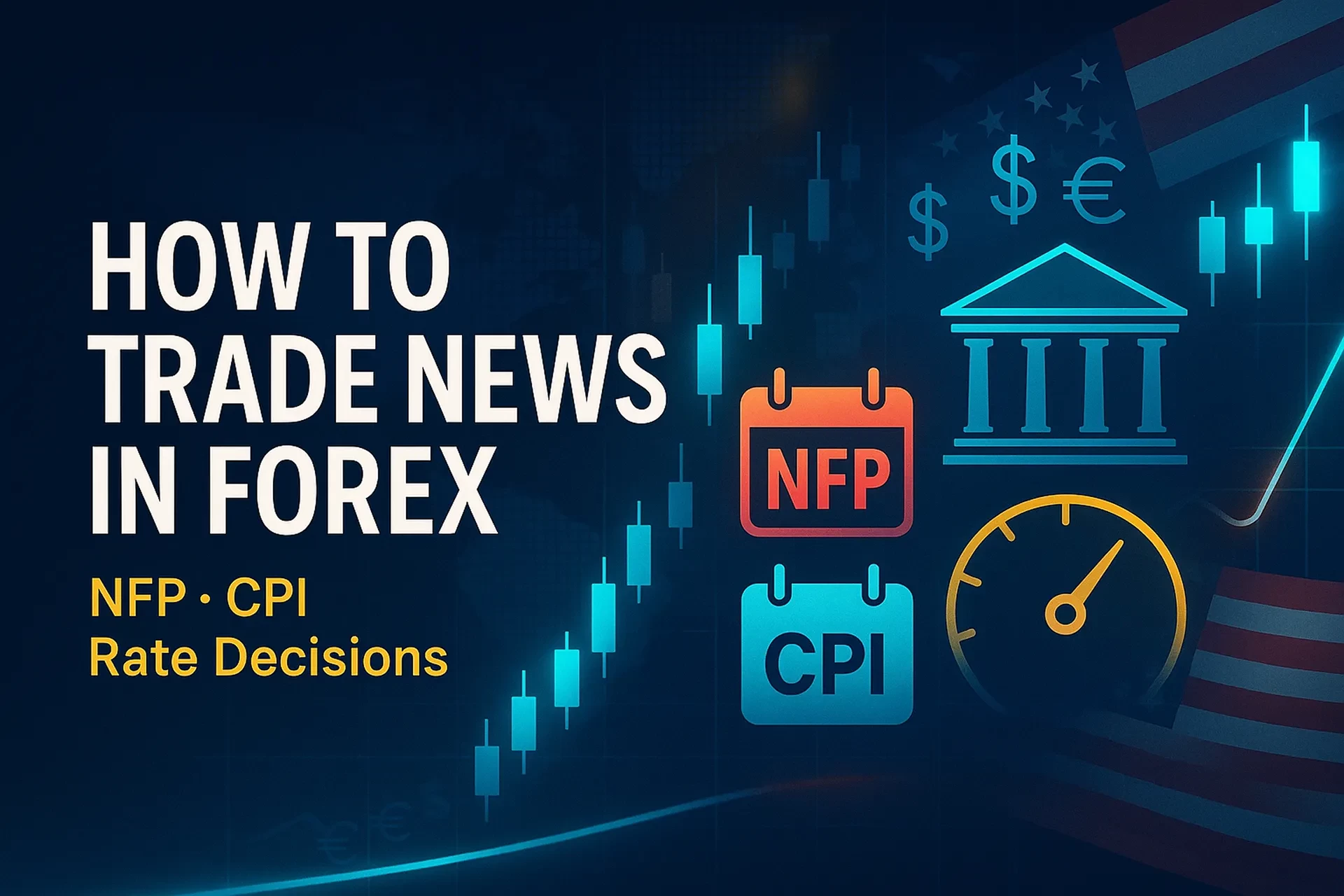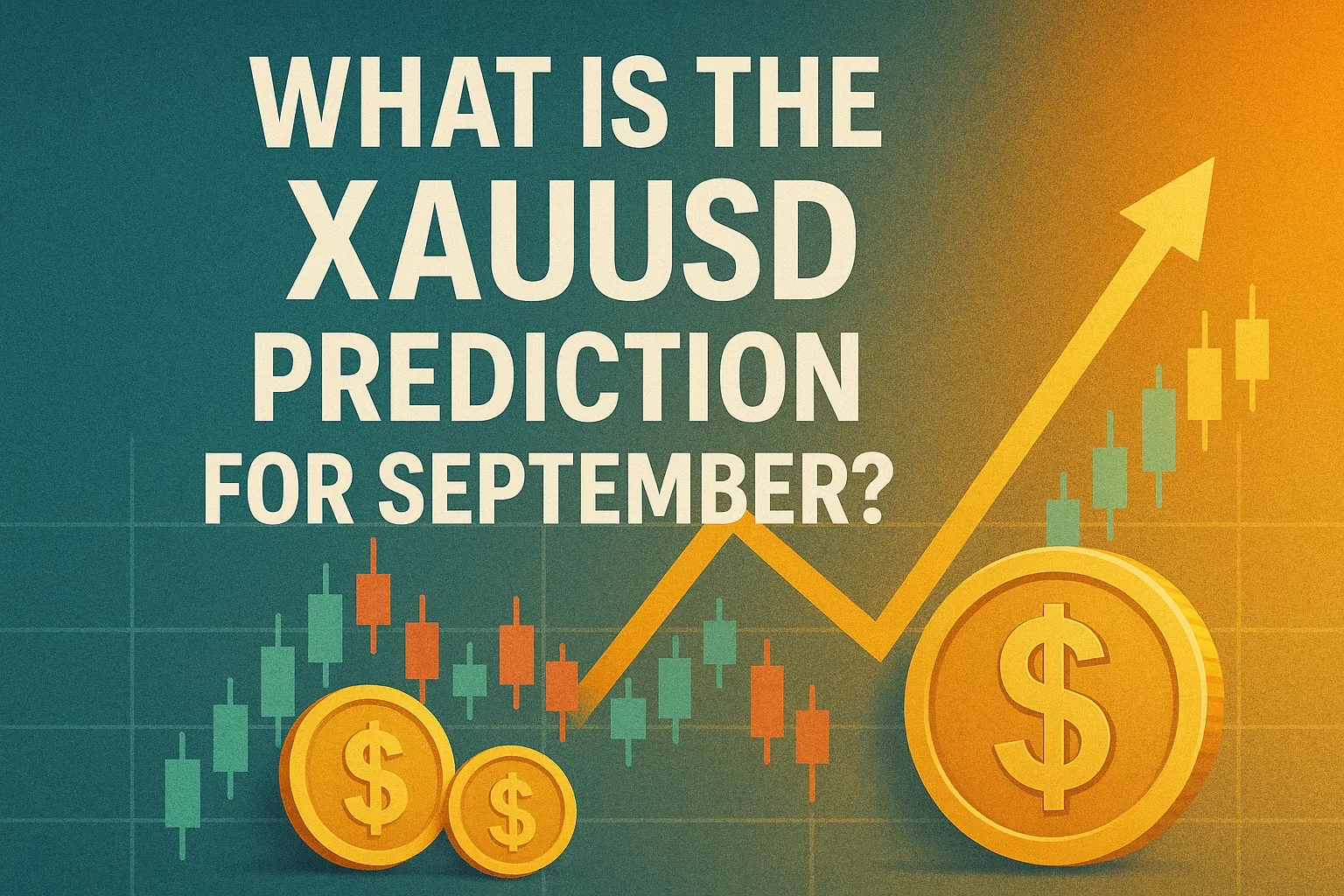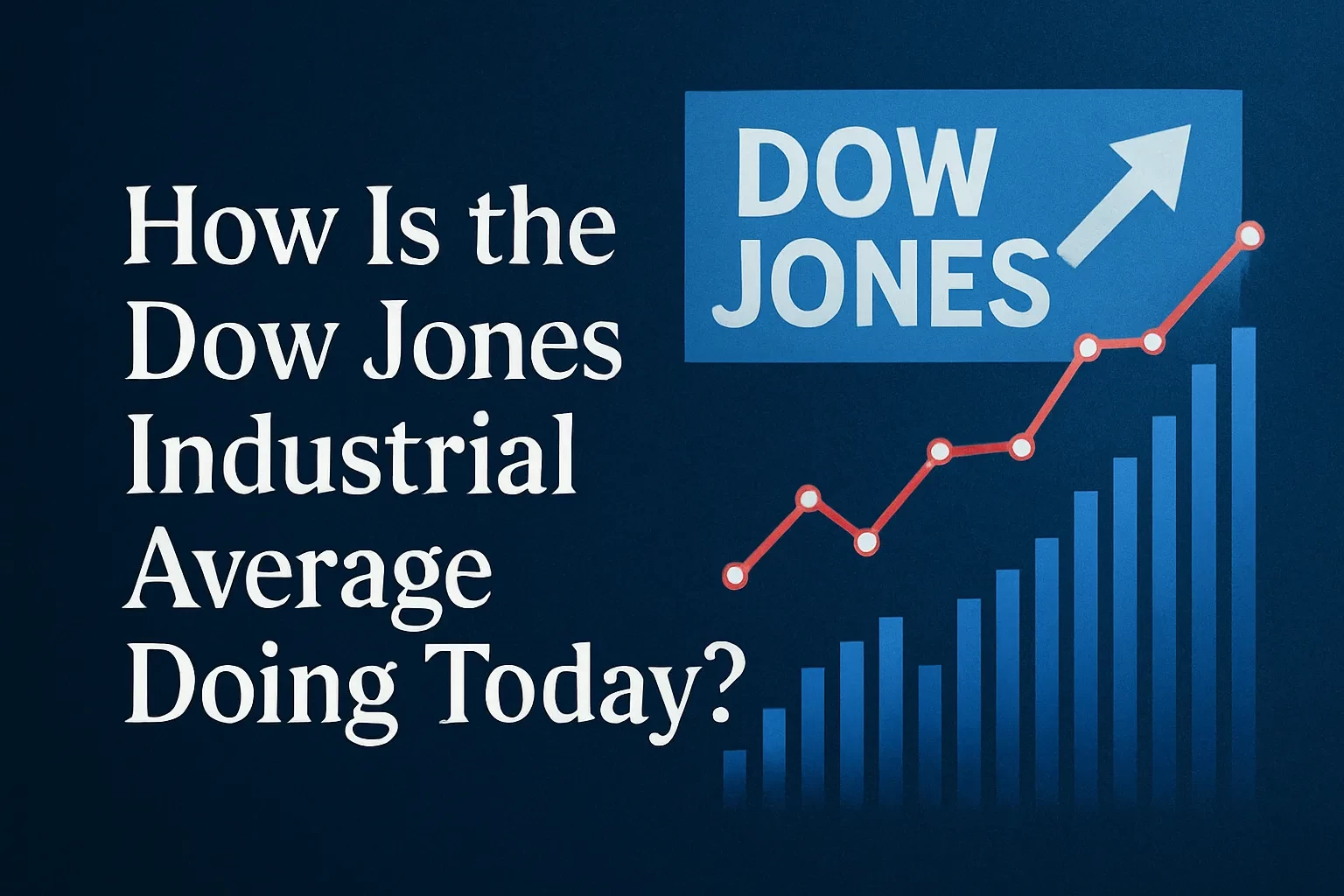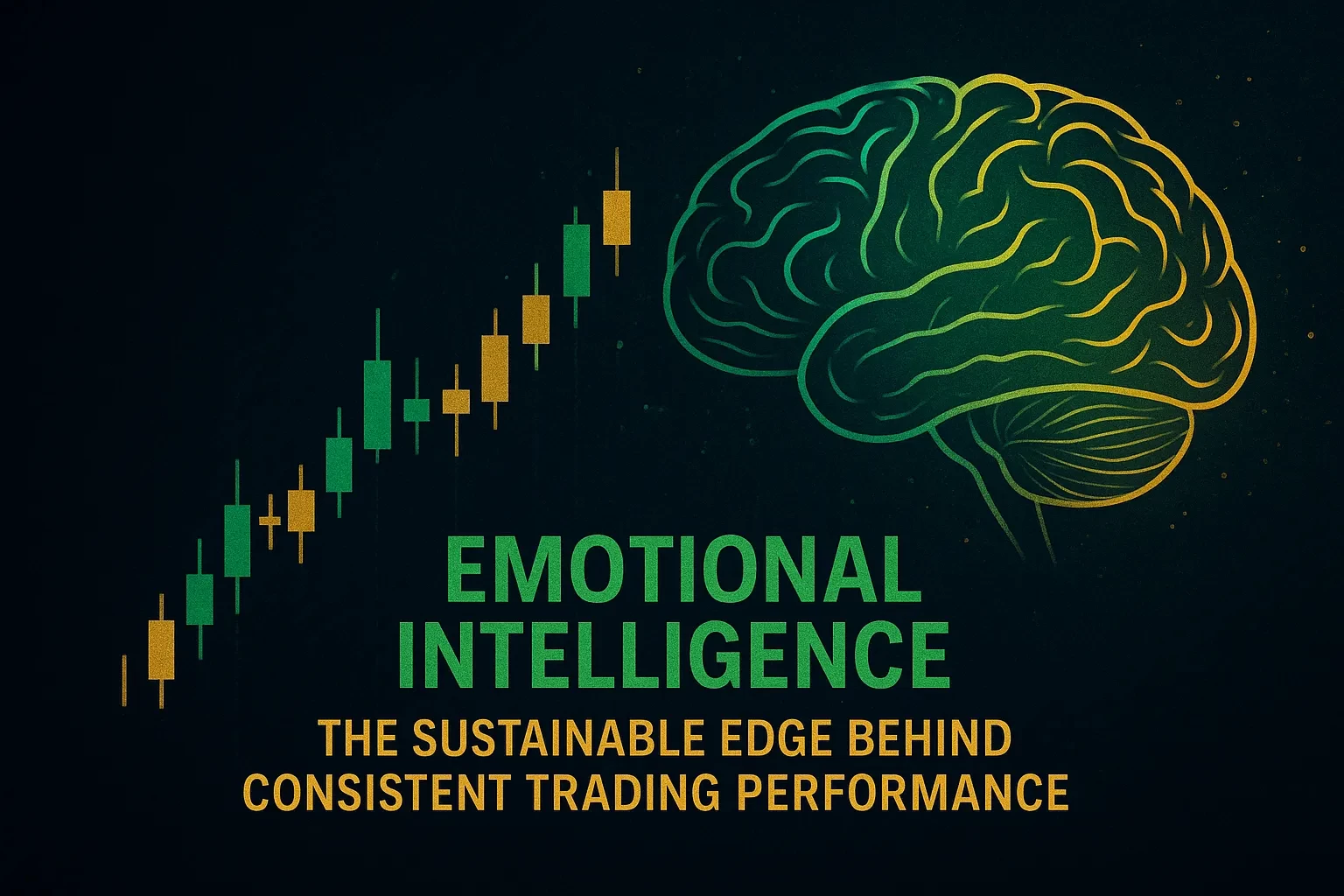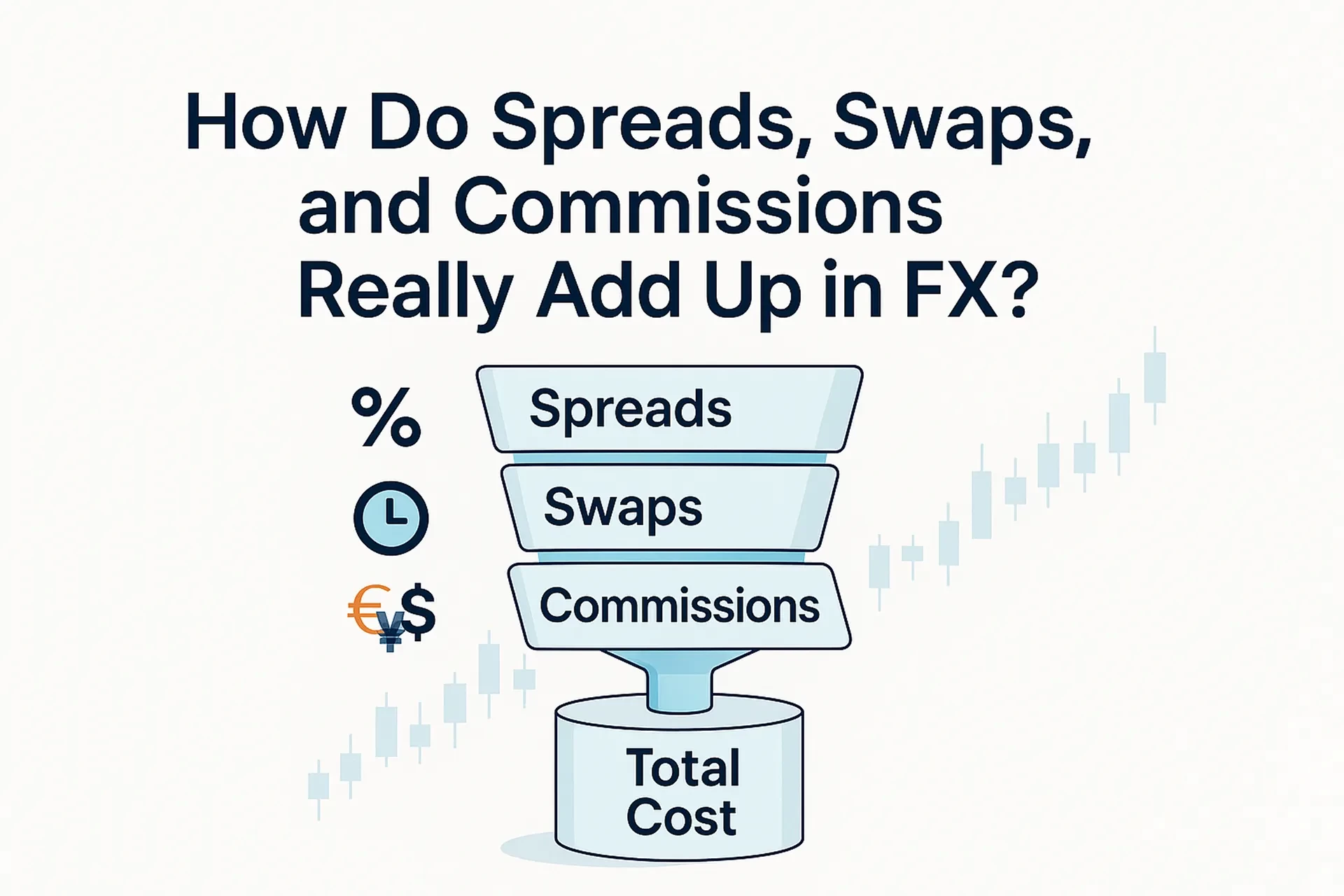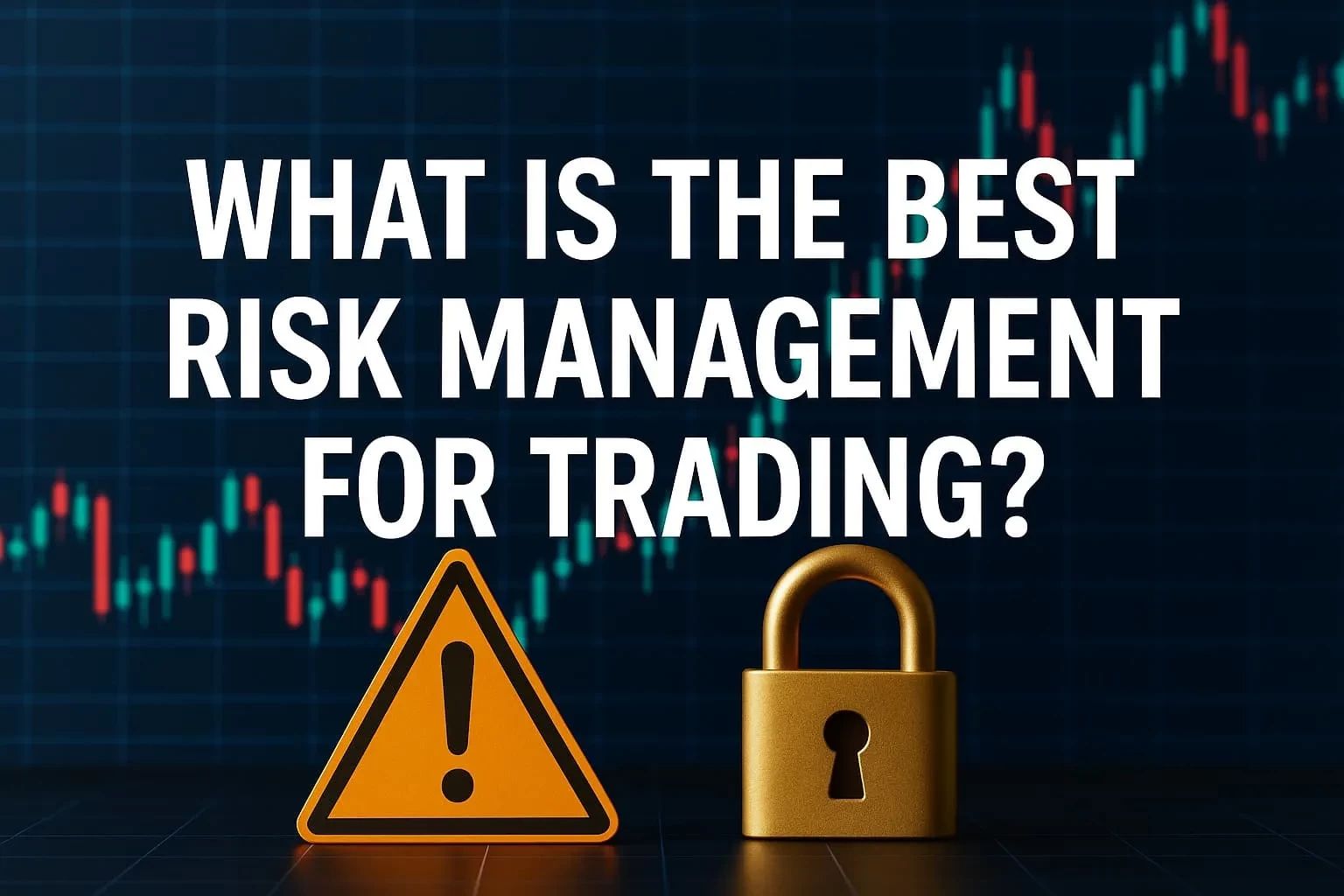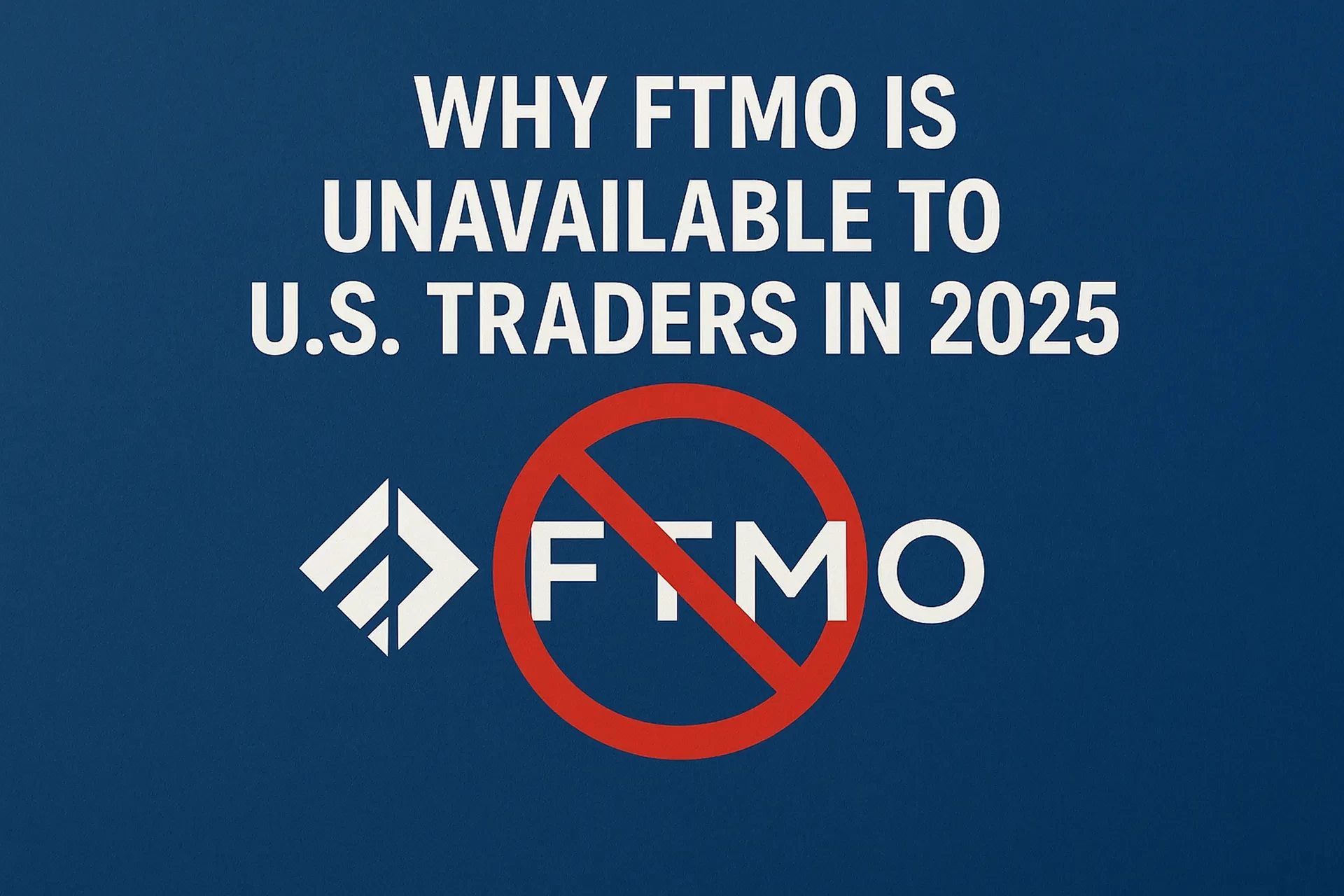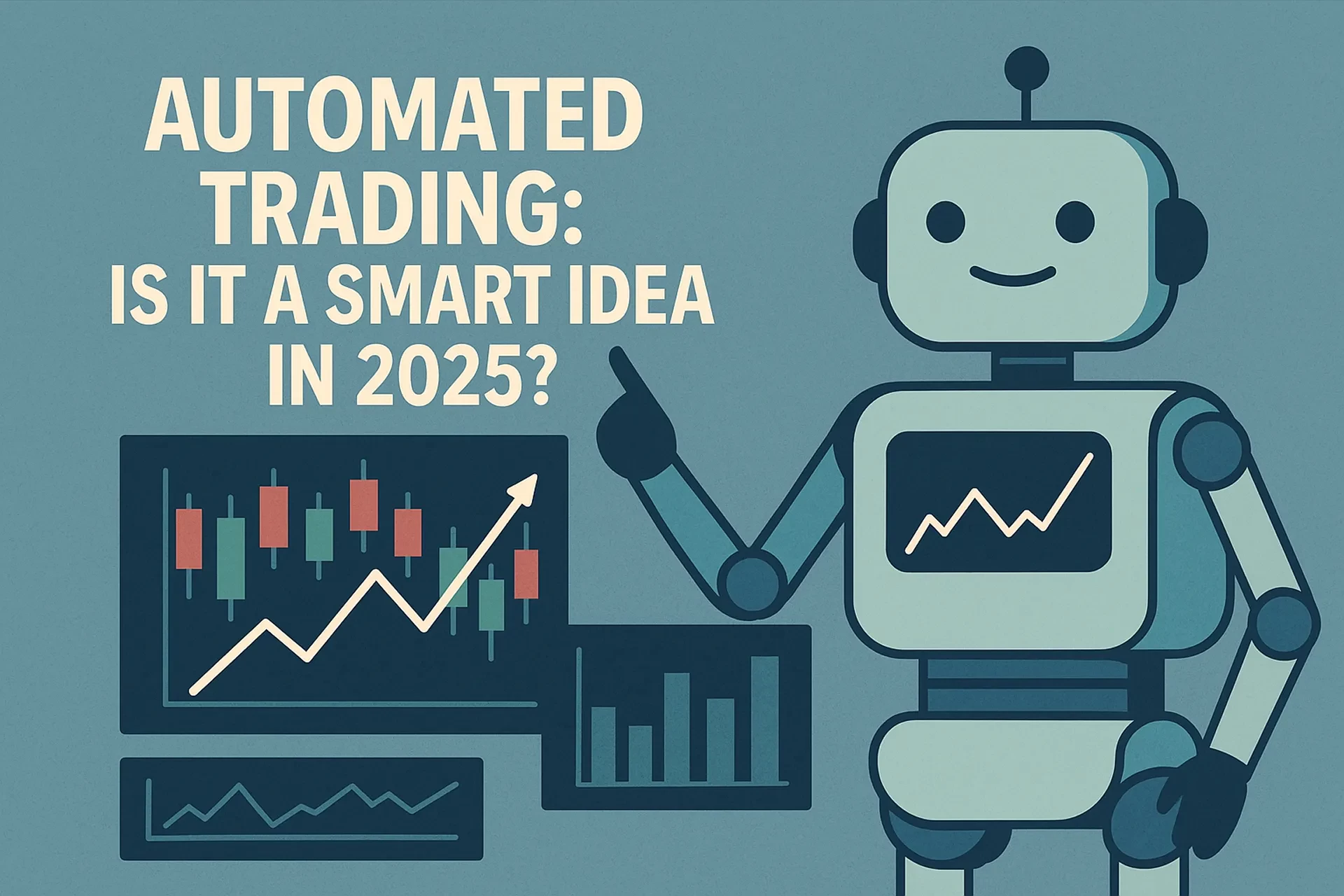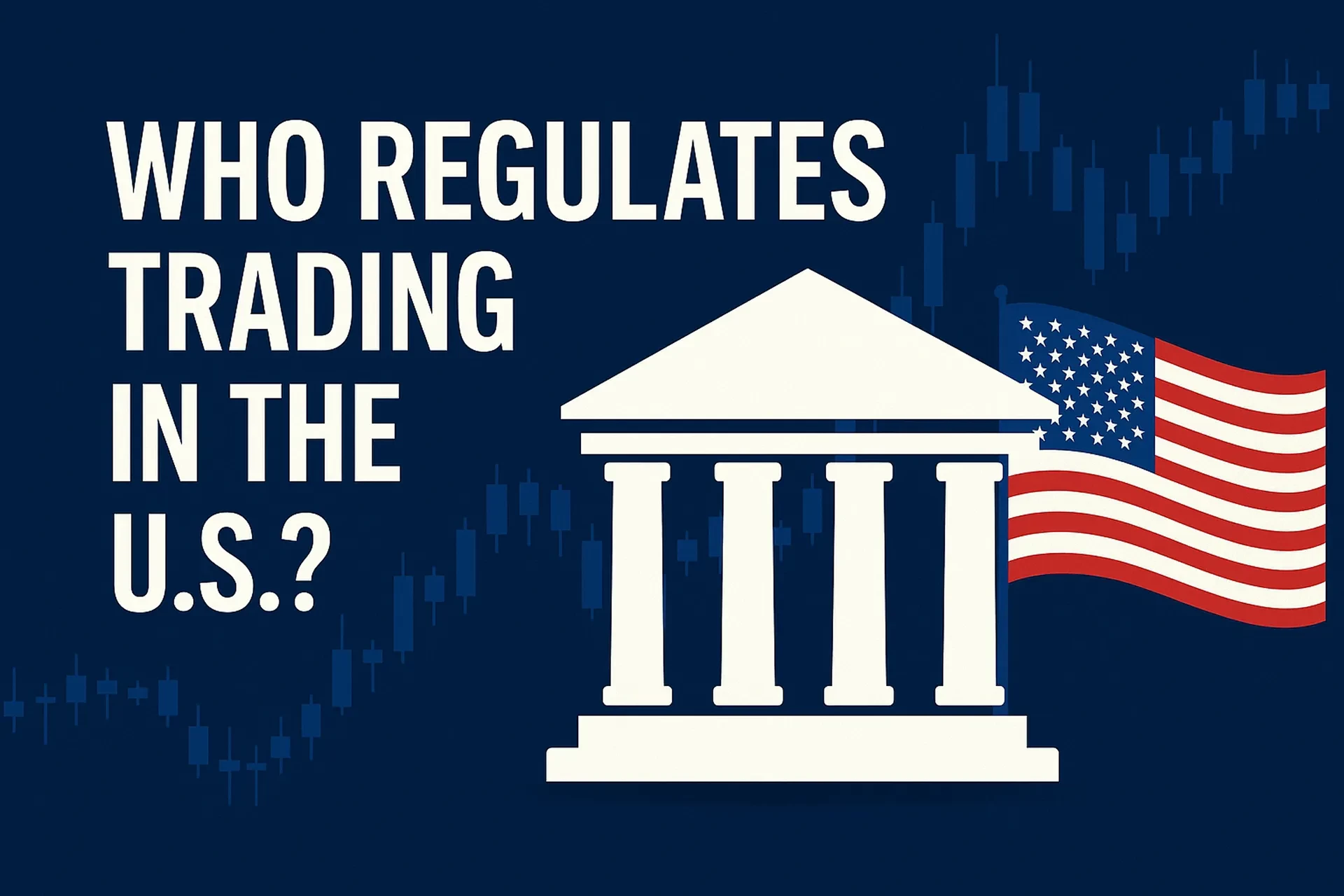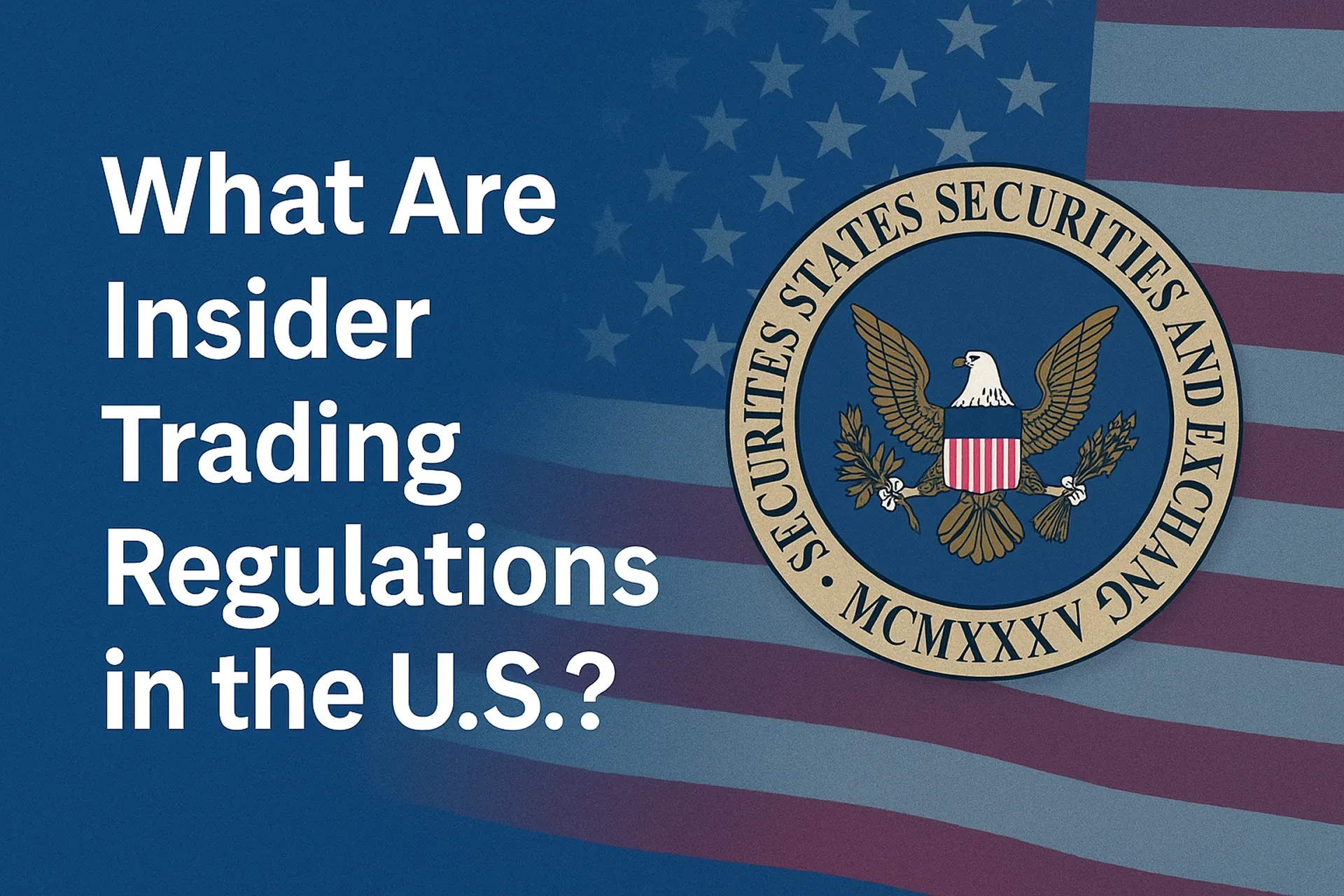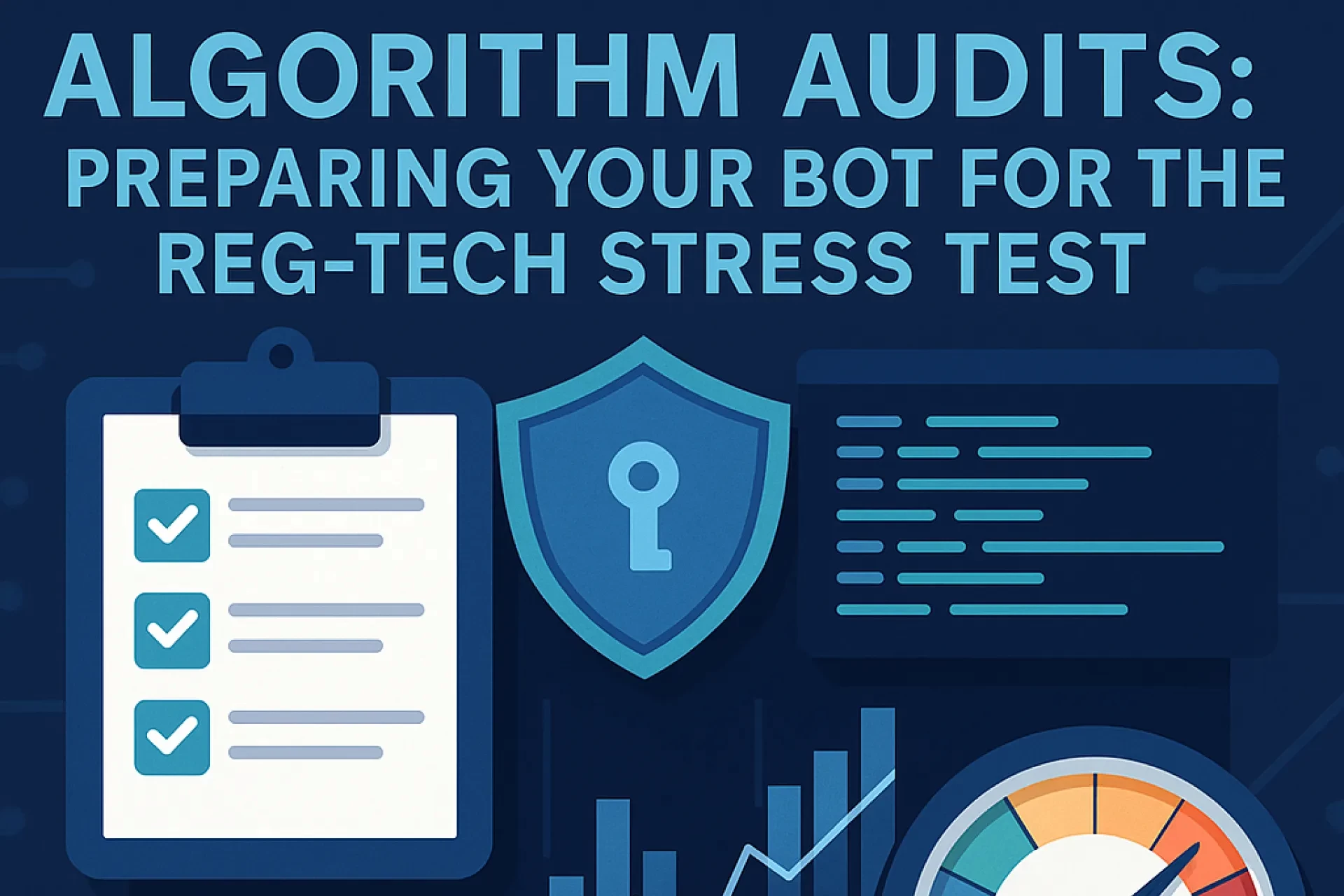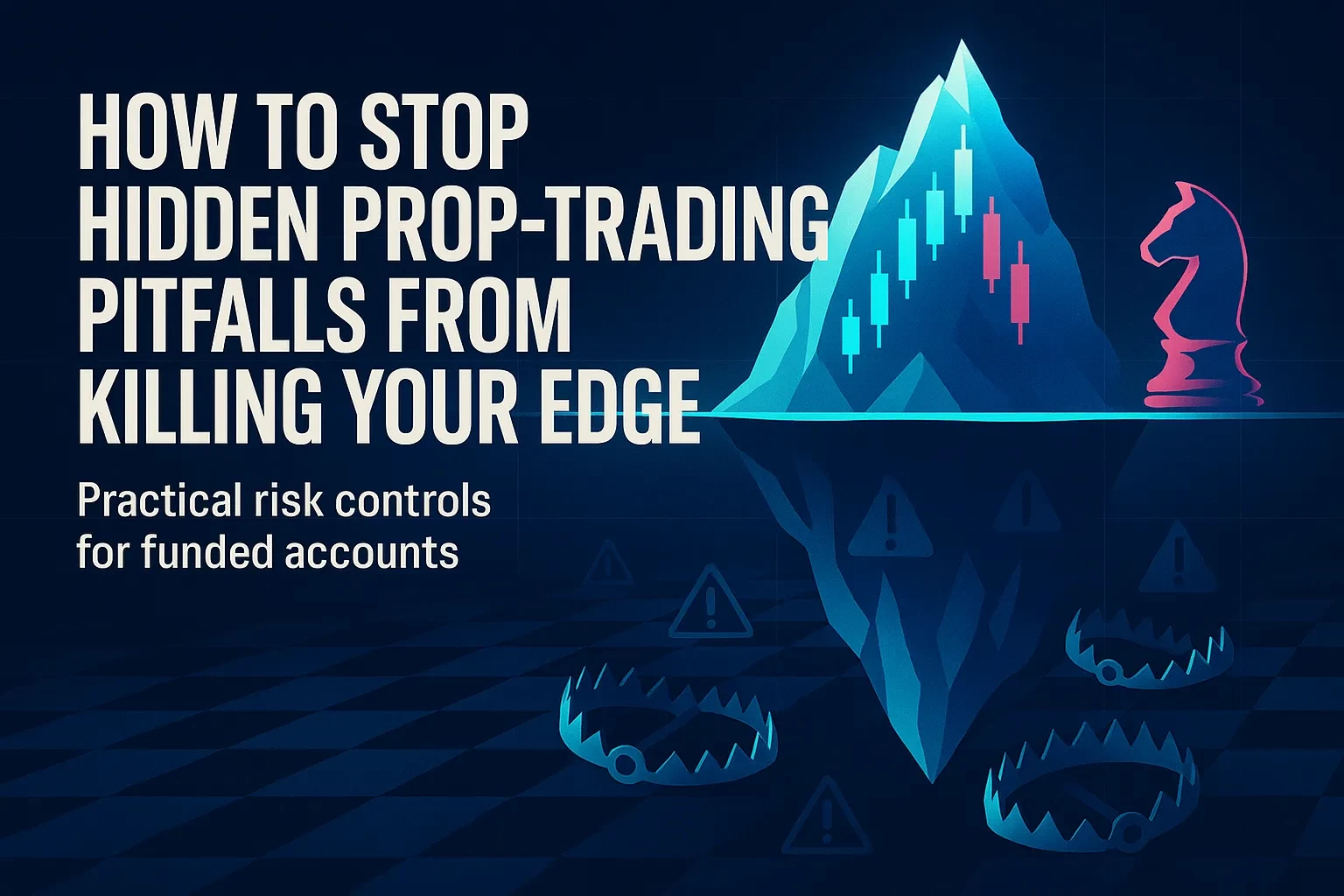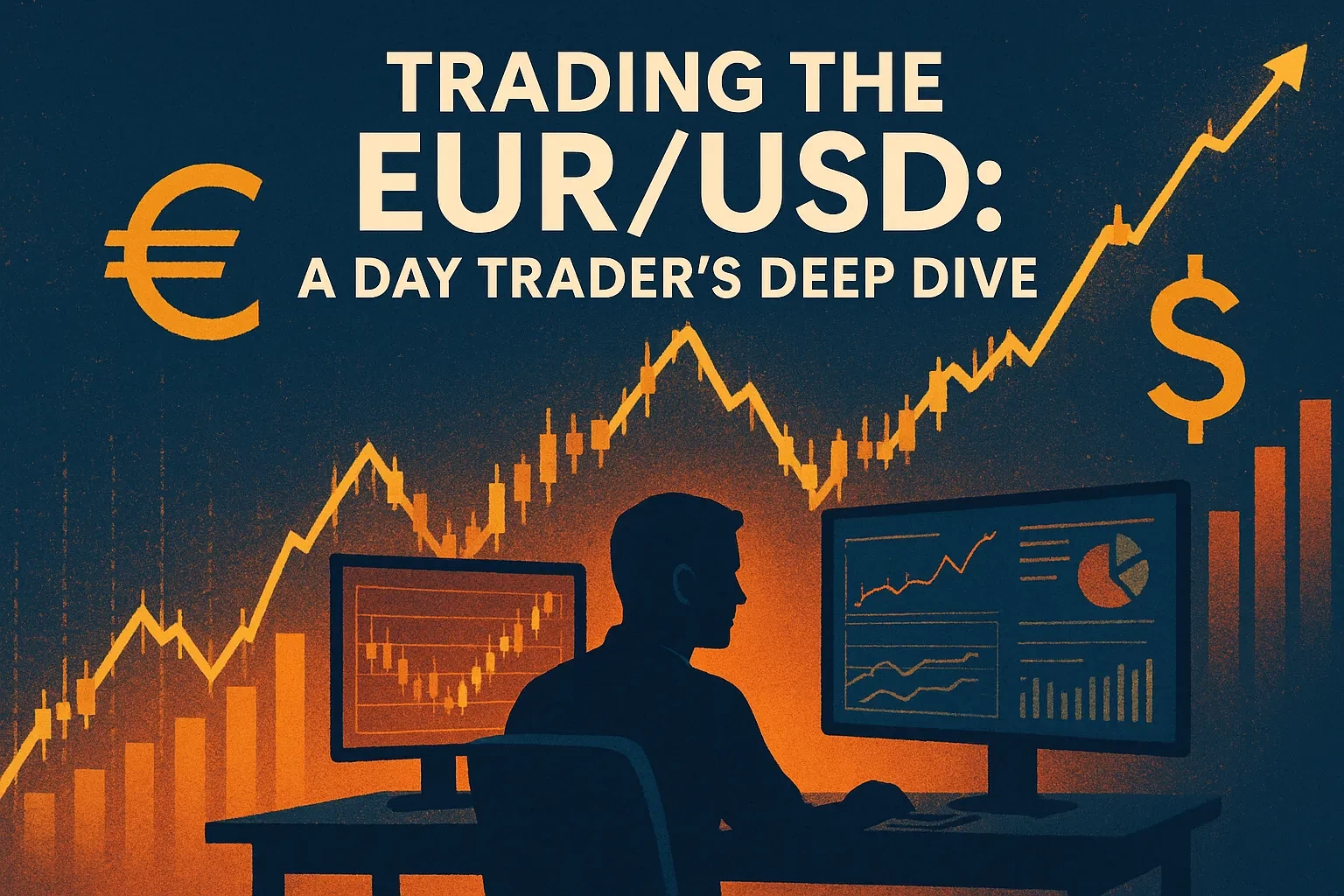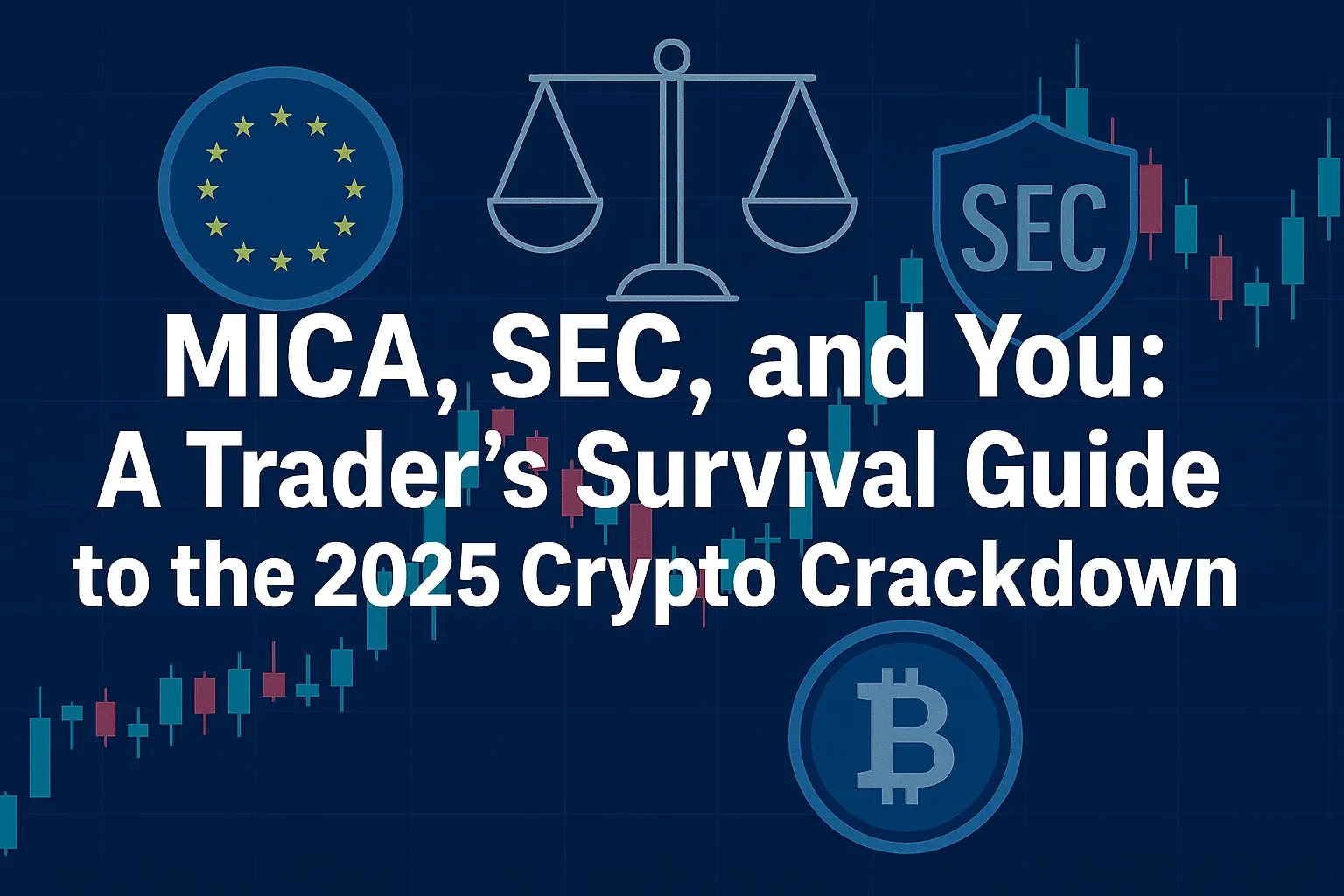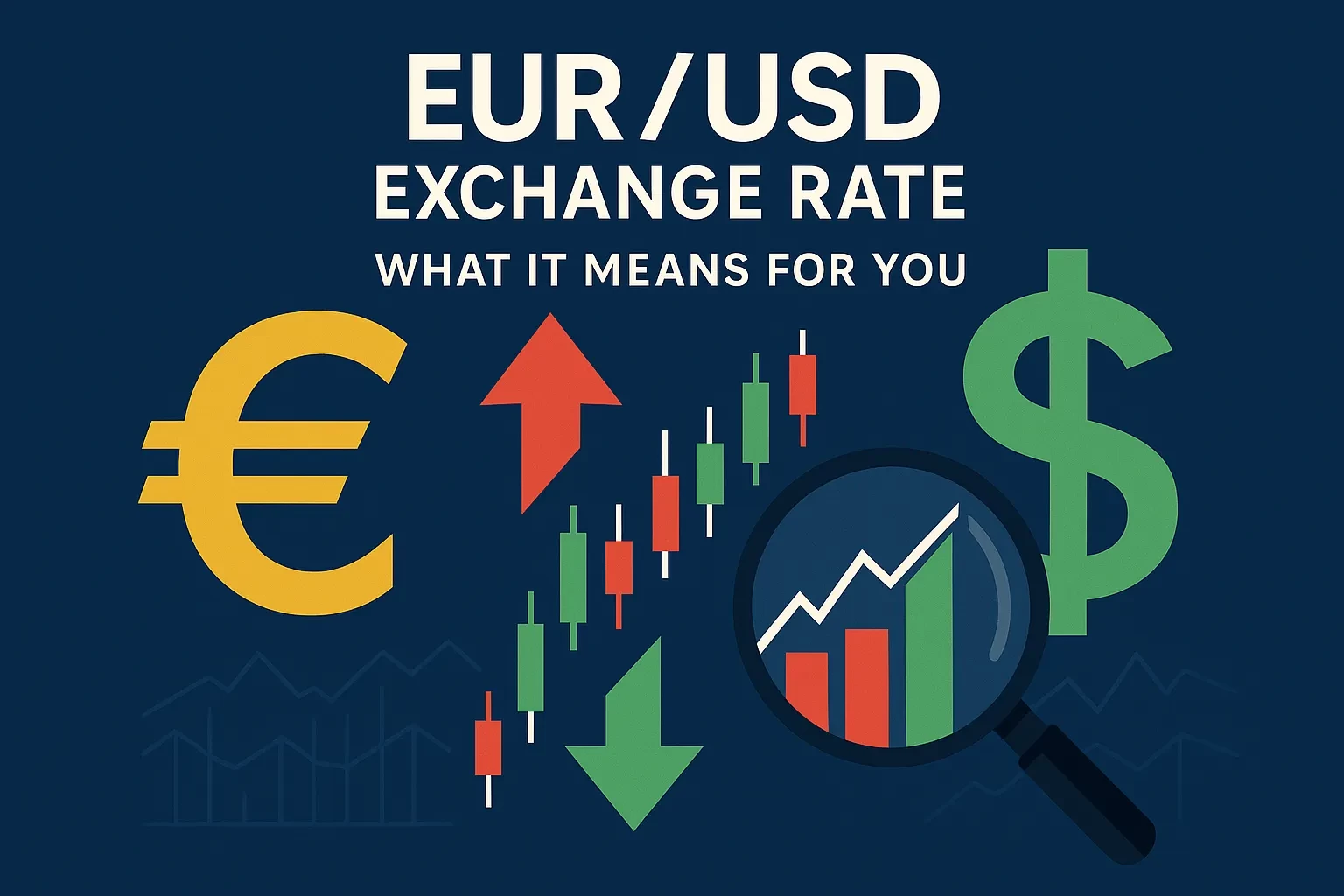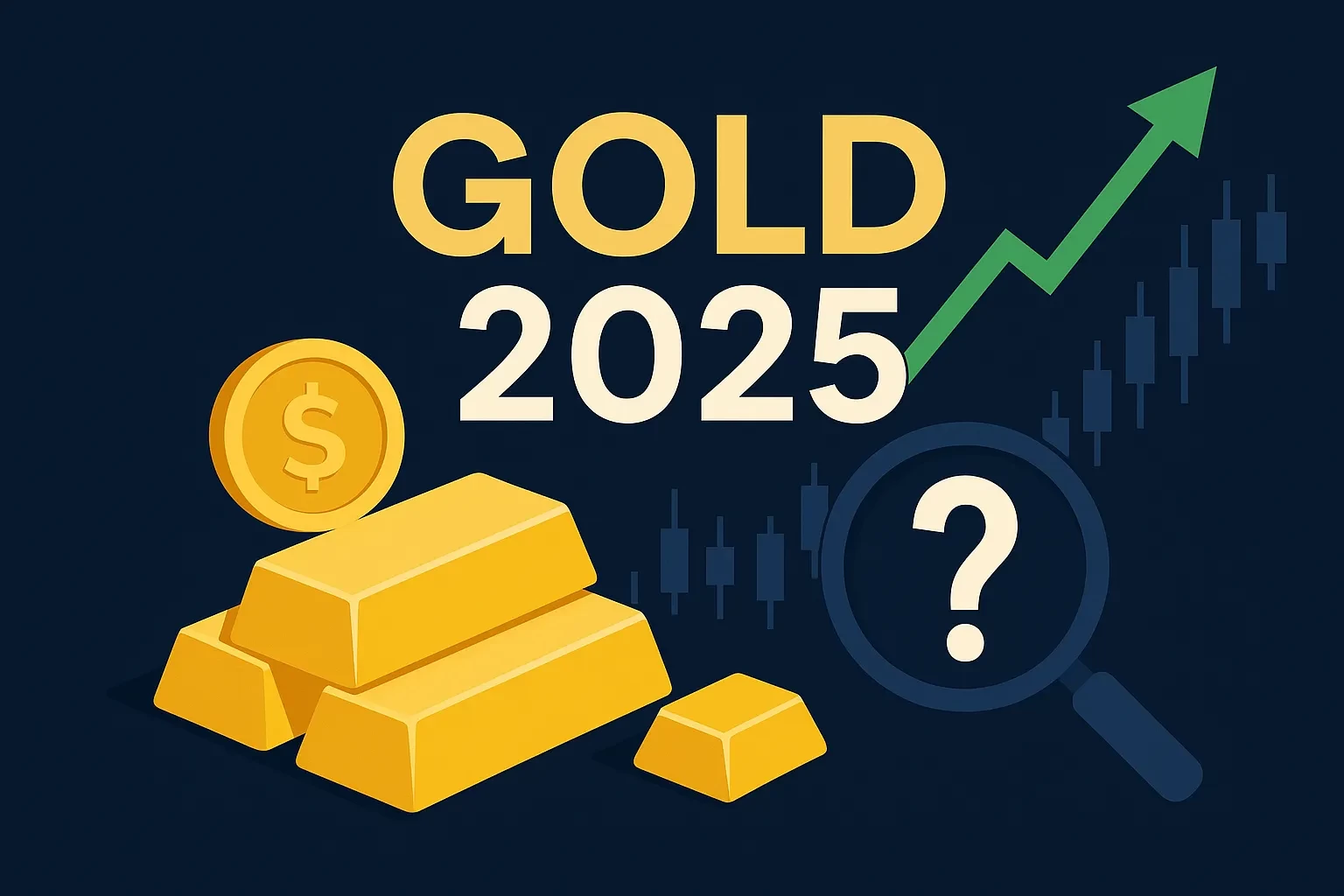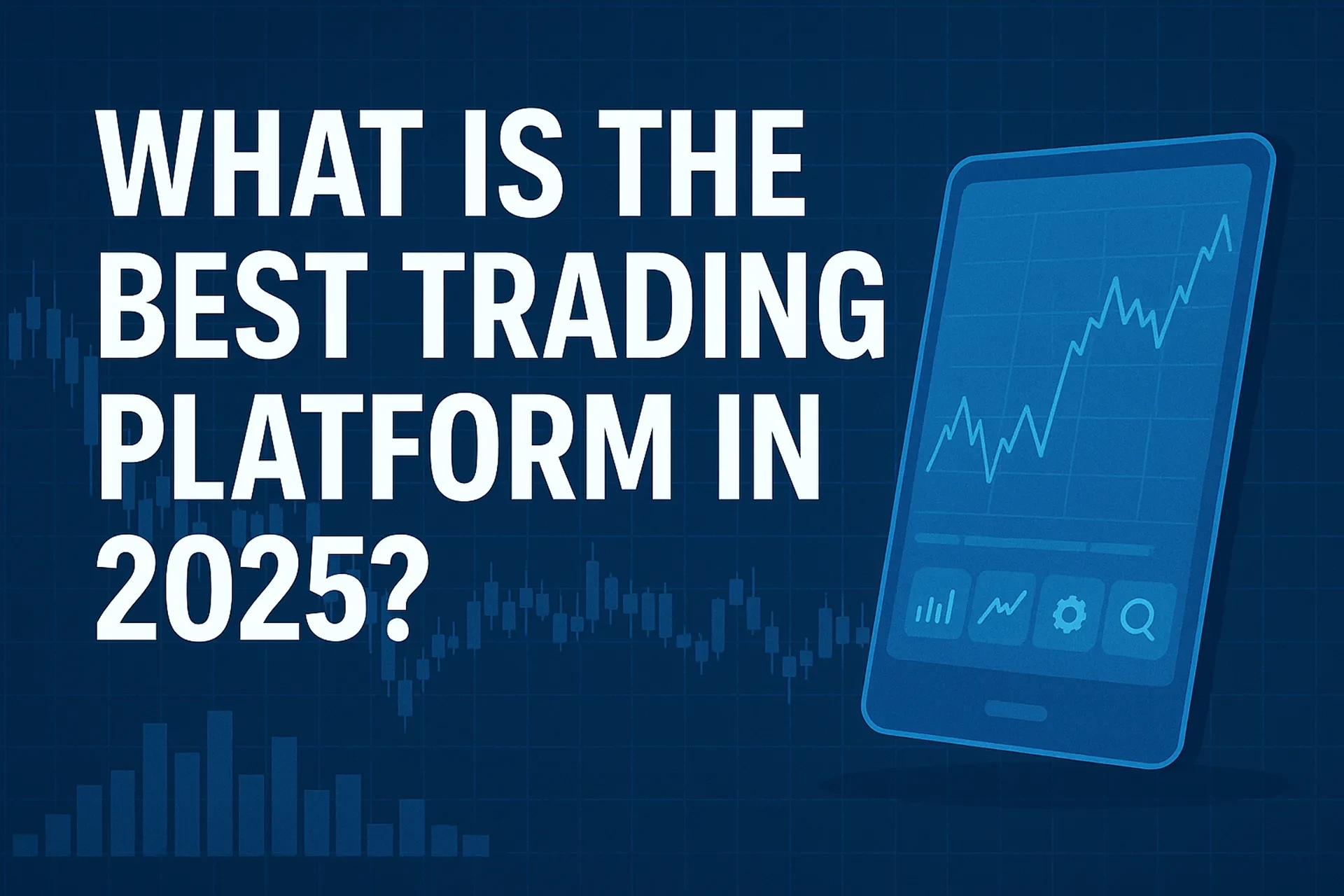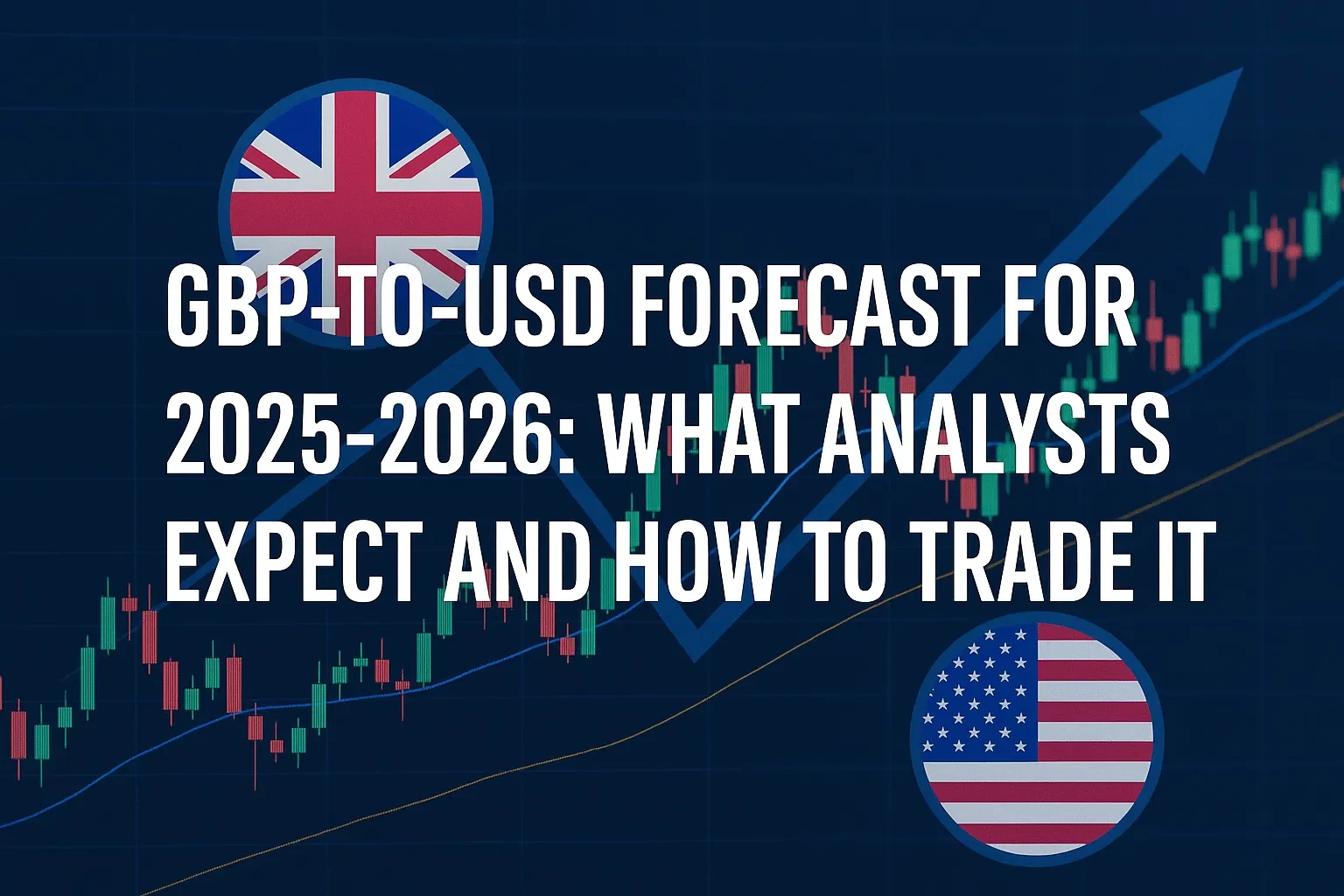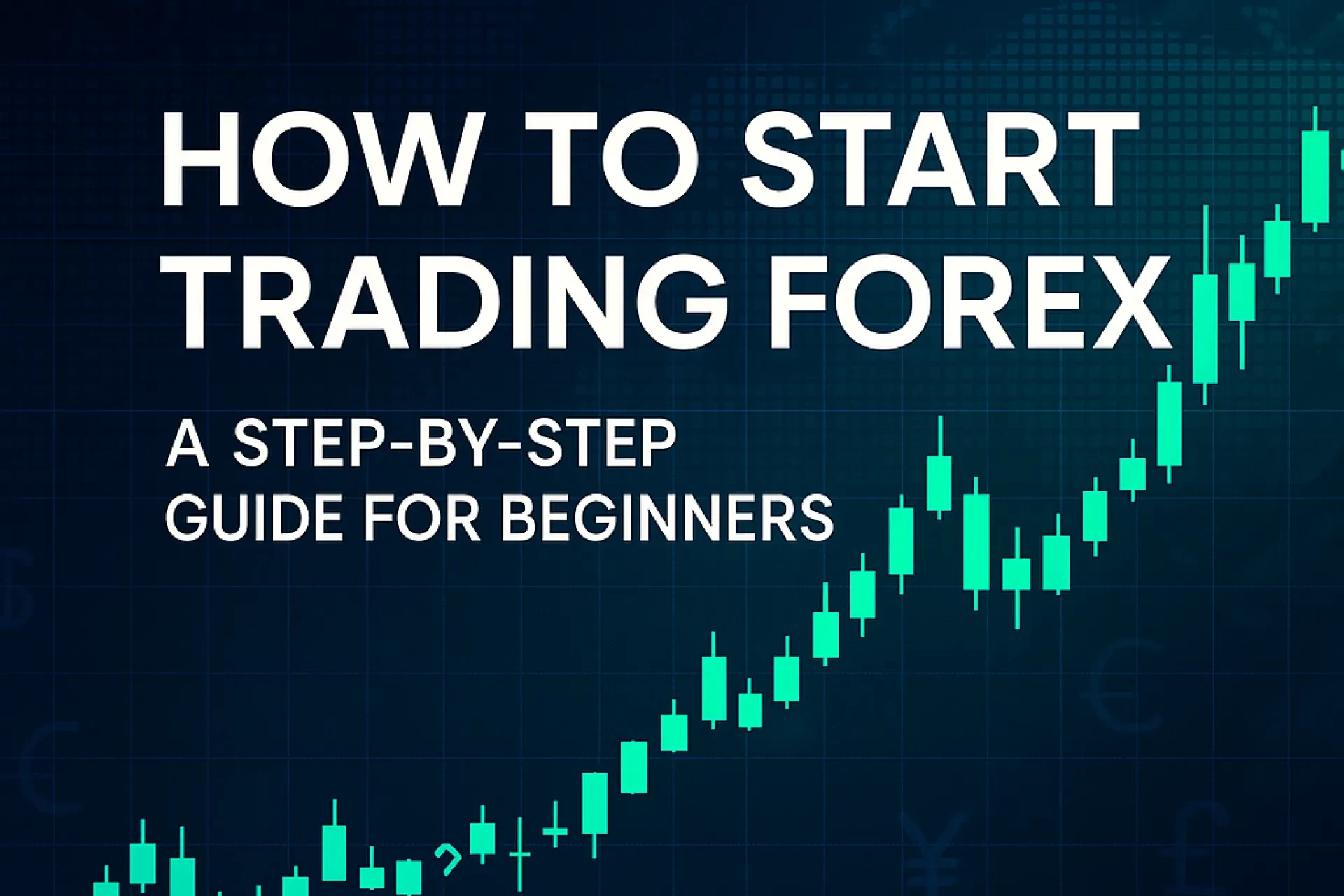Table of Contents
In the world’s most dynamic capital market, trading doesn’t happen in a vacuum. From high-frequency equities to retail forex and crypto ETFs, every trade in the U.S. is monitored, audited, and enforced by a complex web of federal regulators and self-regulatory organizations (SROs). But who exactly is in charge—and what do they regulate?
Understanding who regulates trading in the U.S. isn’t just for compliance officers. Whether you're a retail trader, institutional investor, broker-dealer, or fintech founder, regulatory clarity is essential for risk management, legal compliance, and strategic execution. This guide breaks down the major U.S. trading regulators, their roles, 2025 updates, common enforcement triggers, and what it means for you.
The Big Picture: U.S. Trading Regulation at a Glance
At its core, U.S. financial market regulation involves:
• Federal agencies (e.g., SEC, CFTC)
• Self-regulatory organizations (SROs) like FINRA and NFA
• Exchange-specific rules (e.g., NYSE, NASDAQ, CME)
• State-level regulators for securities fraud and licensing
This multilayered structure keeps the U.S. markets transparent, orderly, and competitive.
Key U.S. Trading Regulators and Their Responsibilities
1. Securities and Exchange Commission (SEC)
• Scope: Stocks, ETFs, mutual funds, corporate bonds, crypto ETFs, options
• Key Laws: Securities Act 1933, Exchange Act 1934, Investment Advisers Act 1940
• Major Rules: Reg NMS, Rule 10b-5, Rule 15c3-3
2024–2025 updates: T+1 settlement (May 2024), AI-broker scrutiny, real-time short-sale disclosures.
2. Commodity Futures Trading Commission (CFTC)
• Scope: Futures, options on futures, swaps, retail forex
• Key Rules: Rule 5.5, Large Trader Reporting, Anti-manipulation Rule 180.1
2025 advisory: Volatility caps & centralized risk monitoring (Advisory 9078-25).
3. Financial Industry Regulatory Authority (FINRA)
• Scope: Broker-dealers & reps (SRO under SEC)
• Functions: Licensing, trade surveillance, arbitration
2025: Proposed AI-algo pre-reviews; stronger AML guidelines for digital assets.
4. National Futures Association (NFA)
• Scope: Futures & forex intermediaries (SRO under CFTC)
• Key: Membership, leverage limits, ad rules
Trend 2025: Automated surveillance tied to MT5 brokers.
5. Exchanges (NYSE, NASDAQ, CME, CBOE)
• Enforce venue-specific rules on order types, market-maker obligations, circuit breakers, tick-size pilots.
6. State Securities Regulators (NASAA network)
• Local fraud enforcement, adviser licensing, coordination with SEC/DOJ.
Summary Table: Who Regulates What?
| Regulator | Jurisdiction | Covers | Reports To |
|---|---|---|---|
| SEC | National | Securities, crypto ETFs | Congress |
| CFTC | National | Futures, swaps, forex | Congress |
| FINRA | Broker-dealers | Conduct, surveillance | SEC |
| NFA | Futures/forex firms | Compliance, ads | CFTC |
| Exchanges | Venue | Order rules, halts | SEC/CFTC |
| State Regulators | State | Fraud, licensing | NASAA |
Why This Matters: Real Consequences for Traders and Firms
Pros of U.S. Market Oversight
• Transparency: All public trades timestamped and reported
• Investor Protection: SIPC, margin limits, suitability rules
• Market Integrity: Rapid detection of manipulative behaviors
Challenges
• Compliance Burden: Frequent rule updates, esp. digital assets
• Complexity: Overlapping SEC, CFTC, FINRA, NFA rules
• Enforcement Risk: Heavy penalties for spoofing, insider trading
Case Study: Robinhood and the SEC (2024–2025)
Scenario: Robinhood faced scrutiny after expanding AI-based order routing in late 2024.
SEC Concerns:
• Algorithms prioritizing payment for order flow (PFOF)
• Disclosures under Rule 606
• Gamified trading advertising
Outcome: $30 million fine & two-year supervisory agreement—pushing industry-wide UX and algo compliance.
Common Mistakes & How to Stay Compliant
| Mistake | How to Fix It |
|---|---|
| Using offshore brokers for high leverage | Stick to CFTC-registered RFEDs or FINRA brokers |
| Ignoring SEC/FINRA filing needs | Automate back-office compliance via APIs |
| Misunderstanding crypto classification | Treat tokens as securities unless exempt |
| Operating without proper licensing | Verify NFA or FINRA status before launch |
| Using unapproved trading algos | Secure pre-review & documentation |
Pro Tip: Always check NFA BASIC and FINRA BrokerCheck before sending capital or partnering.
FAQs
Conclusion: Know Who Regulates Your Trades
U.S. trading regulation is a dynamic system of federal law, exchange policy, and SRO enforcement. Whether you're trading stocks, futures, options, or crypto-linked products, oversight comes from multiple layers.
Understand the roles of the SEC, CFTC, FINRA, and NFA, verify your broker’s status, and align your strategy with today’s rules. In 2025’s fast-moving markets, compliance isn’t optional—it’s your first trade.
